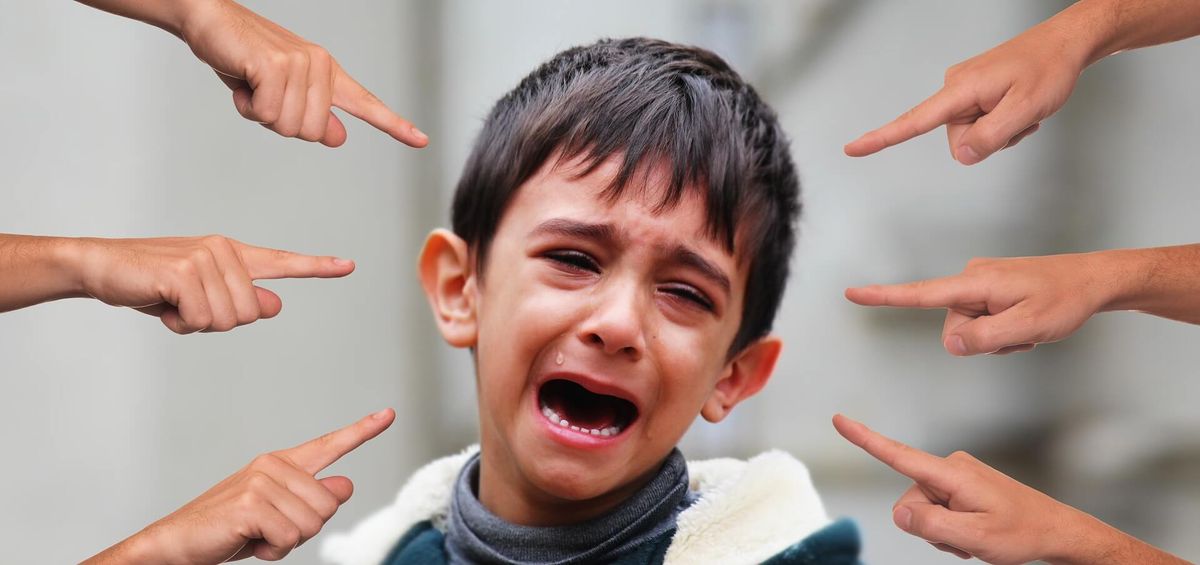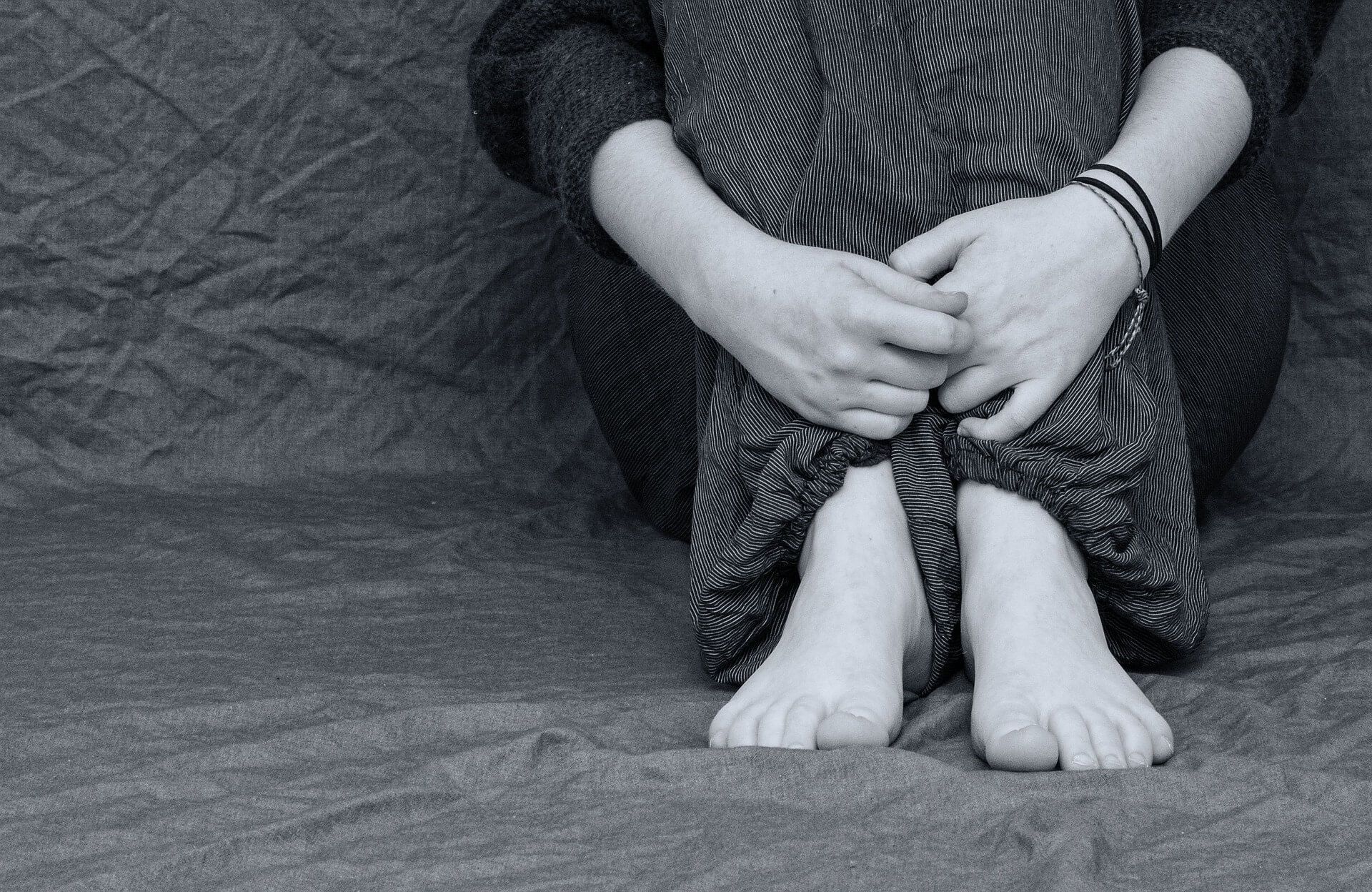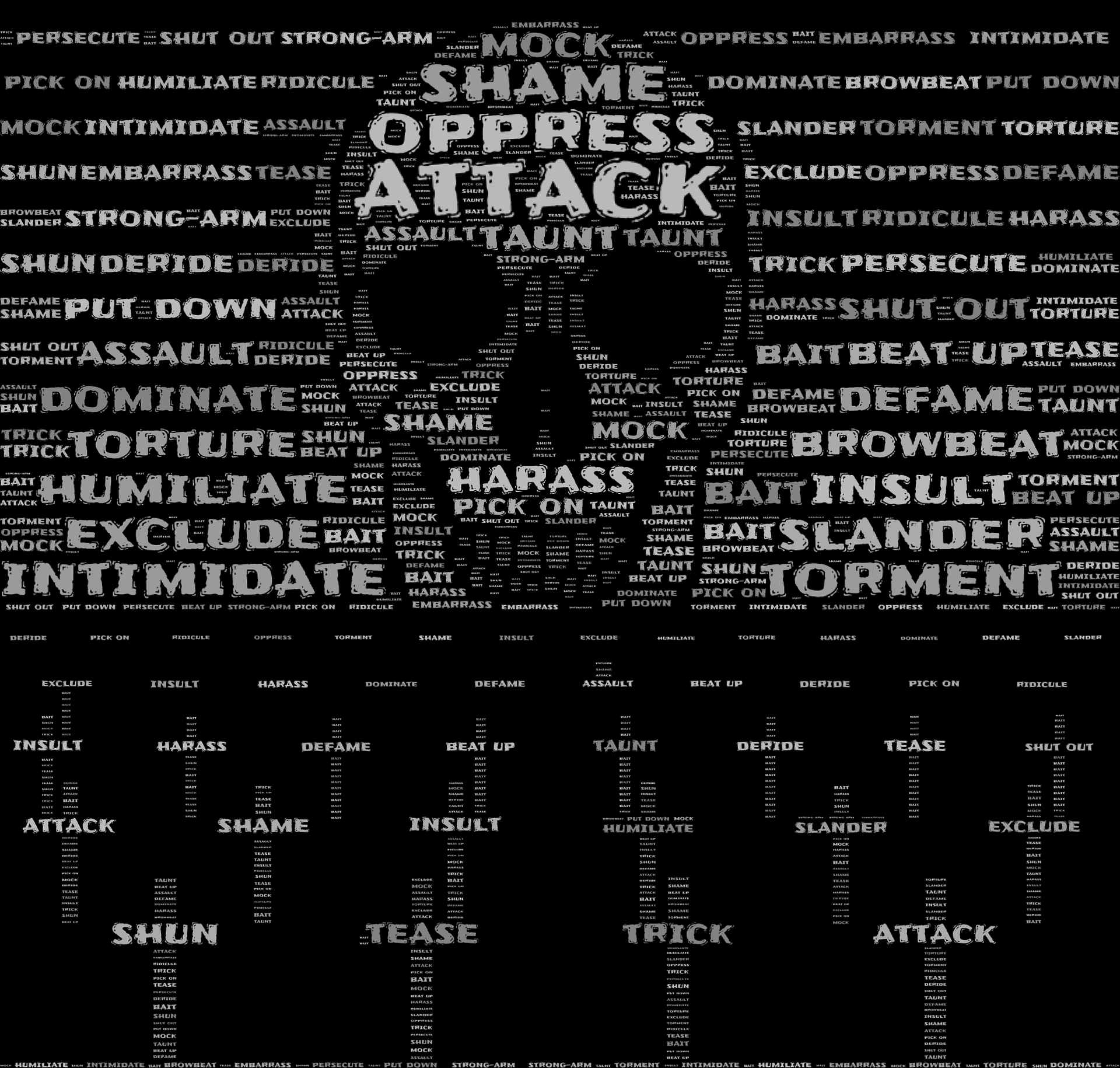Bully me not: Dealing with cyberbullying in Nigeria
Knowing how to deal with cyberbullying is a sine qua non. Because in this global village, it's only a matter of time before we are (or someone close to us is) cyberbullied.

It is also dangerous to think cyberbullying won't get to you because you're thick skinned or go with the flow because you don't want to hear "you must be fun at parties". Cyberbullying kills; first, your will then you.
Knowing how to deal with cyberbullying is a sine qua non. Because in this global village, where we engage with people at many online public squares everyday, take-up unimaginable challenge and FOMO forces us to join many tribes and follow trends, it's only a matter of time before we are (or someone close to us is) cyberbullied.
The question then is, what are you going to do when you're cyberbullied? How are you going to deal with it?
Jessica* recounted her heartrending experience.
"I woke up that fateful Friday. Picked up my phone, and saw that my notification was a mess," Jessica recounted. "I was still trying to confirm which of the apps on my phone has been inundated with notifications and why, when messages and calls from my friends began to pour in.
"They were asking me, 'Are you okay?' 'Jessica, what's happening?' But I was as confused and worried as they were," she continued. "I opened the Twitter app, saw 50+ notifications and I immediately knew it was happening again."
Jessica was ostensibly being cyberbullied for the third time in a month that Friday. She was being bullied for sharing her personal opinion on feminism: the type of feminist she is.
Earlier that month (June 2019), Jessica was bullied because of a video she shared. In the video, a pastor was speaking on marriage. But rather than addressing the subject of the video, people attacked her. The second time she was bullied, it was because she shared how she would like to be writing common nouns such as boys and girls; men and women.
Jessica tried to weather the storm. She ignored the noise. But a week after the hullabaloo, Jessica buckled under the stress.

"I couldn't get the series of events out of my head. I was thinking about it. I still remember a particular tweet, 'I wish this girl will just die'," she said. "On July 5, 2019, I entered my car, locked the doors, shut all the windows and just wanted to suffocate."
"I used to be one of those people that say suicide is never the best decision till it became an option for me," Jessica explained. "Because what I had was suicidal thought. That was when it dawned on me that I need to deal with this thing [cyberbullying]."
How to deal with cyberbullying in Nigeria
The Nigerian Cybercrime (Prohibition, Prevention, etc.) Act of 2015 addresses cyberbullying and its kindred such as cyberstalking, cybersquatting, and cyberterrorism.
Adejoke Adediran, Research Fellow at Nigerian Institute of Advanced Legal Studies, noted that while most forms of cyberbullying can be prosecuted under the Cybercrime Act, there's been no notable enforcement of the law in that regard.
Conversely, the Nigerian government through its agencies have arrested and detained citizens (Omoyele Sowore, Abubakar Sidiq and a reporter and publisher of The Post-Nigeria) using the provisions of the Cybercrime Act. Notably, cyberstalking.
The inefficiencies of the rule of law has compelled other stakeholders, including non-profit organisations and individuals to explore different measures to curbing cyberbullying, which increases alongside the proliferation of tech devices.
Ayodeji Olonode, a social science researcher at Olabisi Onabanjo University, proposed media and information literacy as a way of addressing cyberbullying.
Similarly, 9Mobile ran a campaign to increase awareness about cyberbullying in 2018. The campaign was tagged #U9iteWithWords.

Five ways you can deal with cyberbullying as an internet user
Cyberbullying is the "process of using the internet, cell phones or other devices to send or post text or images intended to hurt or embarrass another person." One out of every three internet users have been cyberbullied.
Because cyberbullying does not involve physical contact, it is easy to downplay its effects. But it affects victims emotionally and psychologically. Cyberbullying victims are twice as likely to commit suicide.
These are five ways you can deal with cyberbullying as an internet user:
1. Don't respond instantly
The aim of cyberbullying is to get at the victim by eliciting emotional response from the targeted individual. It is easier to get past such situations if you keep in mind that a reply would only prolong the harassment.
A good strategy for dealing with cyberbullying, therefore, is to not do what the bully wants: give an emotional response and engage in mud fight.
If someone says something to you to spite you, tags you on a photo that's not flattering, or does something unkind, ignore and keep your phone away from you. This would give you time to think carefully about what you should do next.
2. Educate accordingly
Hurt people, hurt people. In a Nigerian boarding school, for instance, the light at the end of tunnel for most freshmen is that they will soon become senior students and be lord over their successors.
Hence, when you can, it is important you let people know they don't have to be bullies. They can break the vicious cycle.
This also applies to people with kids. Educating your children about the need to maintain decorum, both offline and online, can provide less fodder for cyberbullies.
If a cyberbully is already victimizing them, you should teach them how to handle the situation properly. Ignoring the bully, as previously mentioned, is one of the most effective methods. Even though it's not easy to do, ignoring bullies diminish their enthusiasm to carry on with their harassment.
Contacting the bully’s patients is another way of responding to such situations. And reporting to the school administrator.
But if your child is the bully, you should also have a conversation with them about it. Explain why such behavior is not acceptable and its repercussions to them.
3. Report the bully
Most social media platforms have policies against cyberbullying. You should make use of those provisions. Cyberbullying include harassments, threats, teasing, and insults.
Social media users found guilty of online harassment will then be blocked and barred from using the platform. In cases where the bully threatens your life, it is important to take screenshots and report to the police because threats are classified as a criminal act.
The fact that there's been no notable prosecution of cyberbullying cases shouldn't deter you. Because people have not been reporting cyberbullies over the years is one of the reasons online harassment has continued to soar.
Also, don't sit on the fence. When you see that someone is being bullied, lend your voice in decrying the bully. Don't be "leemao-ing", "smh-ing" or saying "they are coming for you". You are empowering the bullies that way.
4. Use the block feature
Block the bully's account. That way, the bully will not be able to send you messages, tag you in photos and posts, or interact with you in any way on the platform you've blocked them.
5. Keep your personal information private
Don't join the school of thought that believes the higher the number of connections or followers you have online, the more relevant you become on social media.
You can manage your privacy settings so that your account is not available to every Dickson and Harriet.
People are not always who they claim to be, and making yourself vulnerable can be a risky move. This is especially true if you have been bullied before online or you're a potential target (almost everyone is).
You should also be mindful of catfish accounts. Catfish accounts are fake accounts created for the sole purpose of targeting vulnerable and gullible people.
Depending on what platform you are using, there are several privacy settings you can adopt. On Twitter, for example, you can protect your tweets. This means that only those who are granted access to your account can see your tweets or follow you.
In short
Cyberbullying is on the rise and it's not drawing as much attention as it should. It could seem harmless at first glance. However, it has a lot of damaging effects on the victims.
Also, try to mind your business. It's okay for someone not to agree with you. It's okay not to have an opinion on a matter. Let people be people, drink water and mind your business.
Editor's Note: This article was written in collaboration with Yuliia Litvinchuk. Yuliia is a content coordinator at LegalJobSite.net with an unquenchable thirst for cybersecurity. You can often find her at her computer locating the latest information in the field. When not working, she can be spotted watching 80's and 90's anime and reading sci-fi comics.
*name has been changed to protect her identity






